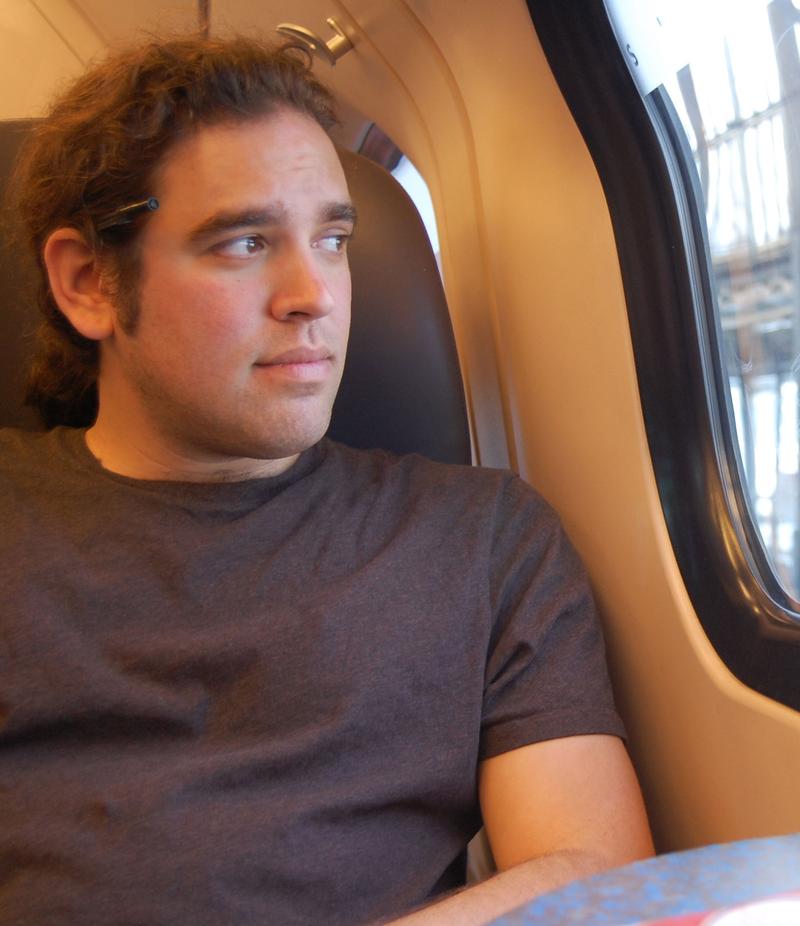
Emotions have been running high across the country since the Saturday shooting shattered our sense of security, took a half dozen lives and injured a dozen more victims in Tucson, Arizona.
The emotional reaction has included horror at this massacre, sympathies for the victims and their families, as well as fear for the safety of our communities and our political process. There has also been anger that has led to assignments of blame, accusations of contributing to a culture of violence and recriminations charging that people are politicizing a tragedy for narrow gain.
But amidst all of this passionate discussion, are there solutions?
We don’t need to rush this emotional moment, and there will be something valuable in Americans reflecting, mourning and praying together. President Obama’s moment of silence at 11am on Monday was an appropriate sign, both honoring the victims and asking our country to take a collective breath, slow our thumping hearts and temper our debates. It’s likely that call for calm is one the president will continue through the State of the Union. Vigils, like one being held tonight at 7pm in Union Square, give us the opportunity to step beyond online conversations and new media grieving, and take this pause together, face to face.
We also don't need to silence political discussions. The live chat on Monday on It’s A Free Country, which took place for an hour following Brian Lehrer’s program, showcased the desire to talk about the incident, learn from each other and, yes, debate. Some of the disagreements may seem like politics-as-usual — does the image of a bull’s-eye send a different message than the picture of cross-hairs, for example — but overall the discussion showed that people just fundamentally disagree about what lessons we should take from a shooting like this, or from recent shootings like the Virginia Tech massacre.
In an earlier post, I suggested that three problems that contribute to incidents like this are insufficient gun laws, violent political rhetoric and poor leadership. There were plenty of folks who disagreed with me both in the comments section and on the live chat. Fellow It's A Free Country blogger Solomon Kleinsmith has written that “it's not political verbiage that drives people to these sorts of acts.” Our conservative counterpart at It’s a Free Country, Karol Markowicz, commented, “I'm really disappointed that you've gone the blaming rhetoric route. It's plainly wrong that rhetoric played a role in this shooting and liberals repeating it en masse won't change that. This is not the time to score political points against politicians you don't like.” Another commenter, “AJM from Spokane,” observed that the only way gun control could ever work would be to take away all guns entirely, something that is both politically and operationally impractical.
So my question to Solomon, Karol, AJM and others is this: what are your solutions?
I believe that common sense laws like the legislation Rep. Carolyn McCarthy (D-NY) will introduce to limit high-capacity magazines will help reduce the potential for such large-scale massacres. I believe that when John McCain told his own supporters to tone down rhetoric during the 2008 campaign, he modeled the type of leadership that we need to reduce violence at political rallies, such as the head-stomping at a Kentucky Senate debate. I believe that bringing guns to political rallies and town halls has a chilling effect on our discourse and should be discouraged by our leaders if not barred by our laws.
You can disagree with all of these — but then tell me what measures you’d propose to reduce violent acts and senseless deaths in America.
One member of Congress has suggested his own “Second Amendment remedy.” Rep. Heath Shuler (D-NC) has announced he will bring a concealed weapon to his own town hall meetings from now on. Is that the solution we’d like to see?
Would more intense screening requirements for would-be gun owners be a solution? Would we want more police state security in the public sphere? Would fewer or more guns contribute to our overall safety?
The examples of other western nations — their gun laws, their reactions to our national tragedy — show me that we can reduce senseless gun deaths. Mayors Against Illegal Guns and the Brady Campaign to Prevent Gun Violence both offer smart proposals here at home.
If you don’t believe gun violence is a problem in America, that is a different debate. But I believe most people agree we have too many gun deaths, and we may just have different routes for reducing that number.
Nobody can say for sure what measures could have prevented the Virginia Tech or Tucson shootings. But it is our responsibility not simply to say that there will always be deranged gunmen. It is our duty to honor the victims by having a real discussion of what will prevent the next massacre, while staying consistent with our American values.
I admire Rep. McCarthy for her faith in our political process. She continues to push for common sense legislation despite all odds, a “Sisyphean act” according to one commenter on Monday. Yet she believes that if she keeps making the best case she can, she will improve our country.
She also said on WNYC that she wouldn’t let this incident change her relationship to public appearances, that she’ll keep meeting with her constituents whether they agree with her or not. And unlike Rep. Shuler, she won’t be bringing her own weapon. That’s not the “Second Amendment remedy” she seeks.
Justin Krebs is a political organizer and writer based in New York City. He is the founder of Living Liberally, a nationwide network of 250 local clubs that create social events around progressive politics, and author of "538 Ways to Live, Work and Play Like a Liberal."